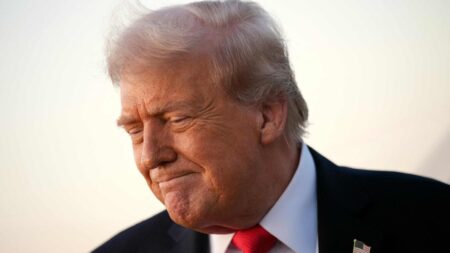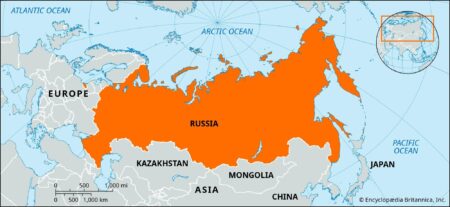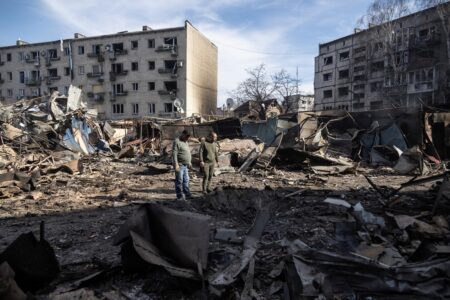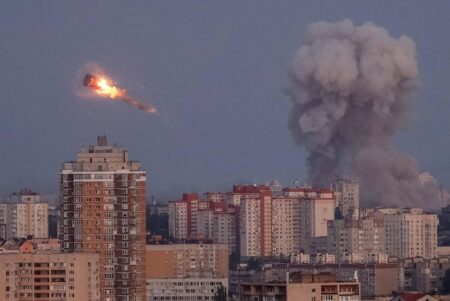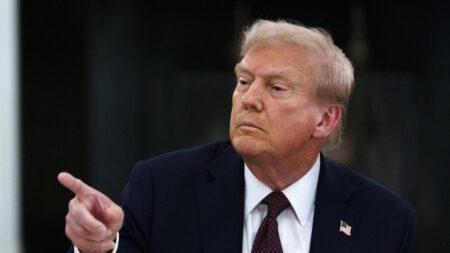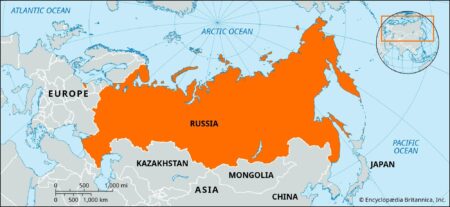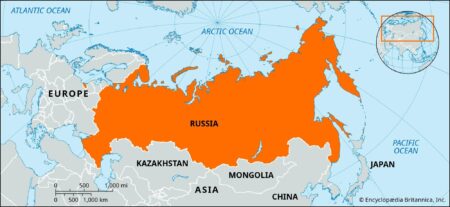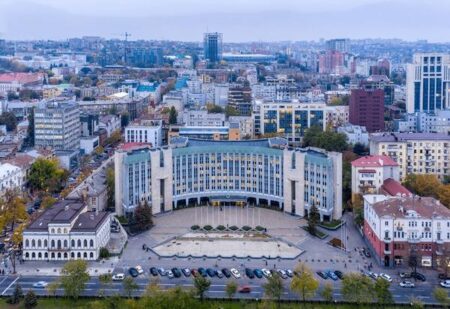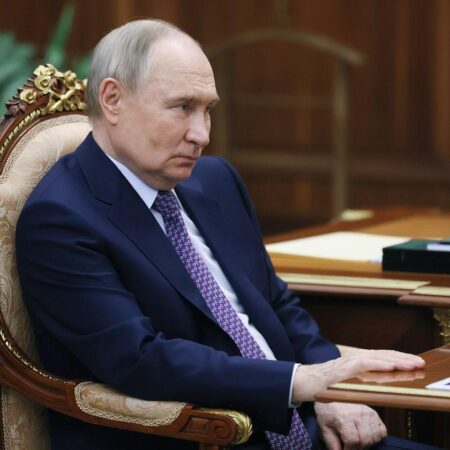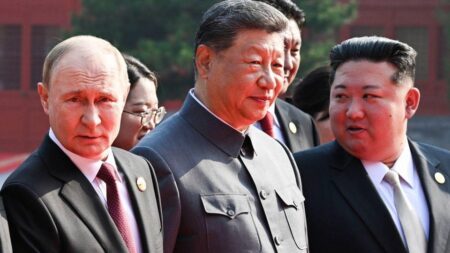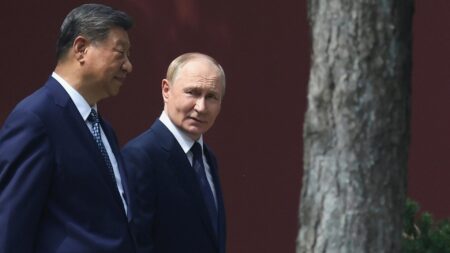Former President Trump has announced he’s poised to unleash a fresh wave of sanctions on Russia. Experts are eagerly dissecting how this bold move might disrupt diplomatic relations and send shockwaves through global markets amid escalating tensions
Browsing: Russia
Russia bombs Ukraine almost every night, turning the simple act of sleep into a terrifying ordeal. The Washington Post powerfully captures the haunting echoes of explosions shaking cities, revealing the relentless toll on civilians trapped in the crossfire
Russia launched its most massive drone strike on Kyiv since the war began, targeting critical infrastructure. Although the attack caused significant damage, Kyiv’s defenses effectively limited its impact, officials report
Russia has launched its most massive air assault on Ukraine to date, striking key government buildings and escalating the conflict dramatically. Ukrainian officials report widespread destruction as tensions soar, sparking increasing international concern
Former President Trump is gearing up to unleash the “phase two” of sanctions against Russia, Reuters reports, intensifying efforts amid the ongoing Ukraine conflict. This decisive step aims to escalate pressure on Moscow in response to its aggressive moves in the region
Former President Donald Trump is turning up the heat on Russia, hinting at even tougher sanctions on the horizon. He cautions that India’s oil dealings with Moscow could face increased scrutiny, suggesting a potential shake-up in the economic ties between the U.S., India, and Russia
Russia launched its most massive air assault on Ukraine to date, setting Kyiv’s central government building ablaze. The powerful strike caused severe damage, escalating tensions as Ukraine braces for further attacks, NBC News reports
Ukrainian President Volodymyr Zelensky has boldly rejected Russian President Vladimir Putin’s proposal to meet in Moscow, instead daring him to come to Kyiv. This powerful stance underscores Kyiv’s steadfast commitment to respect and sovereignty amid rising tensions
Russia is intensifying its crackdown on WhatsApp, imposing stricter restrictions amid a wave of internet blackouts. In a bold and strategic move, the government is rolling out a new “super-app” aimed at uniting digital services and tightening state control like never before
Ukraine has confirmed that Russian forces have breached a vital area of Dnipropetrovsk, marking a significant escalation in the conflict. The BBC spotlights this alarming turn of events amid mounting tensions in eastern Ukraine
Russian President Vladimir Putin has issued a stark warning: any foreign troops operating in Ukraine will be considered legitimate military targets, escalating the already tense and high-stakes conflict, Reuters reports
The latest from the Trump administration: Dive into the newest policy shifts, unfolding legal battles, and powerful reactions to recent political events. Stay tuned to CNN for comprehensive coverage and expert analysis
Leaders of China, Russia, and North Korea stood united at a colossal military parade, boldly showcasing their growing alliance amid rising global tensions, NBC News reports. This striking event highlighted their collective display of power and resolve
A close ally of Vladimir Putin has issued a stark warning about the Russian economy, highlighting growing risks of a deep recession as sanctions tighten and geopolitical tensions escalate, Newsweek reports
As US-India relations cool under Trump’s administration, Indian Prime Minister Modi is boldly strengthening ties with China and Russia, signaling a major strategic shift in the face of changing global alliances, Reuters reports
In a landmark US Supreme Court case on tariffs, former President Trump spotlighted India, linking the dispute directly to the ongoing Ukraine-Russia conflict. This powerful appeal highlights how global geopolitical tensions are dramatically influencing today’s trade policies
India, Russia, and China boast vibrant trade connections, exchanging billions of dollars in goods annually. Their major imports include energy, machinery, and electronics, while their exports range from raw materials to advanced technology-showcasing the power and strategic depth of their economic alliances
The National Interest explores Donald Trump’s Russia strategy, unveiling a compelling blend of bold diplomacy and strategic deterrence. This article breaks down the key policies driving U.S.-Russia relations amid a complex and ever-shifting geopolitical landscape
Serbia stands resolute in the face of international pressure, as President Aleksandar VuÄŤić boldly declares that the nation will not impose sanctions on Russia. Emphasizing the crucial need to protect Serbia’s sovereign decisions, he underscores the country’s commitment amid escalating geopolitical tensions
Russian President Vladimir Putin disclosed that the Trump administration was actively “listening” to Russia’s perspective on the Ukraine conflict, highlighting an ongoing dialogue amid escalating tensions, according to Al Jazeera reports

